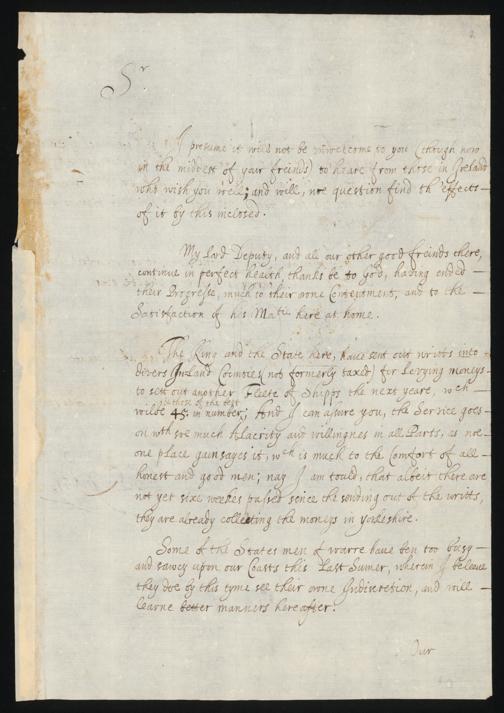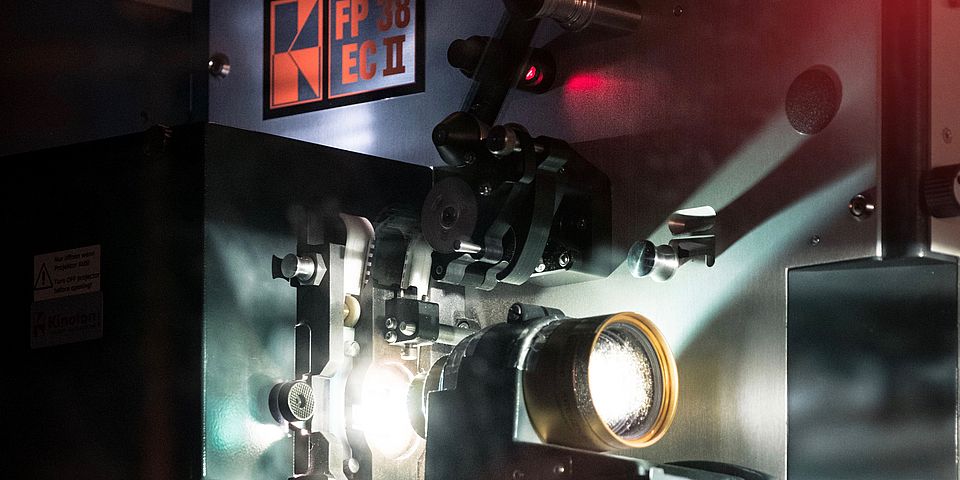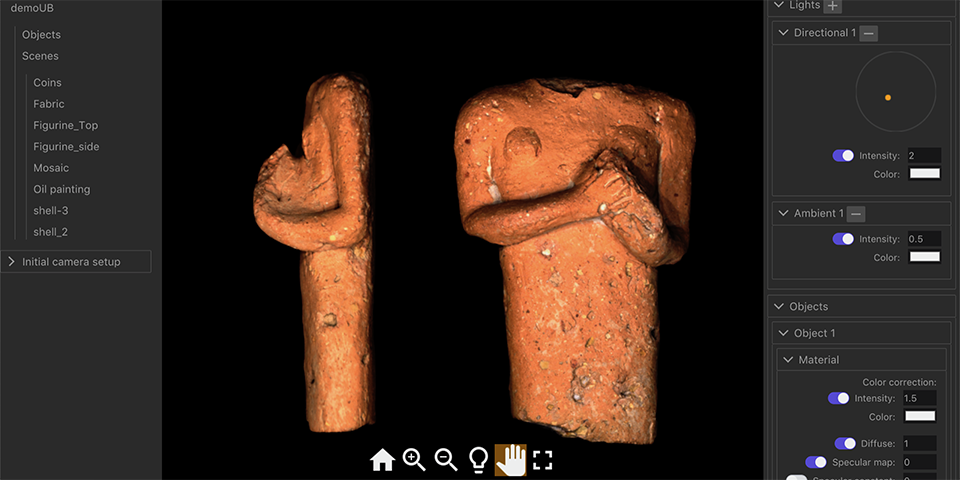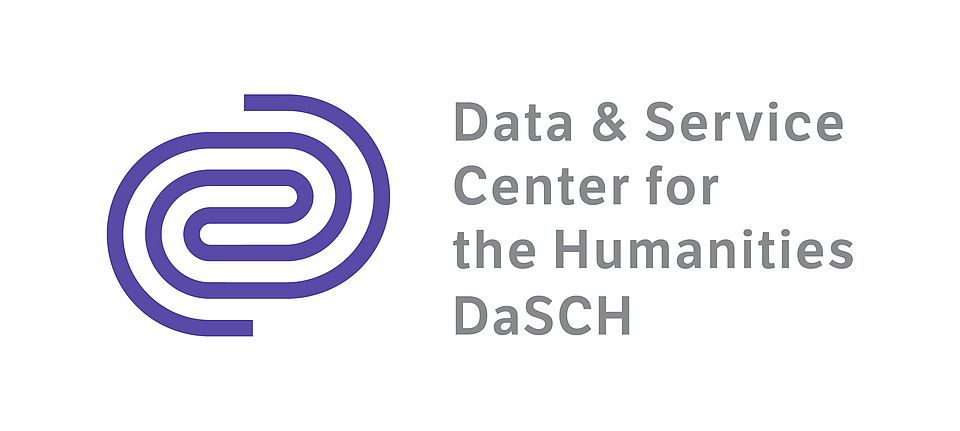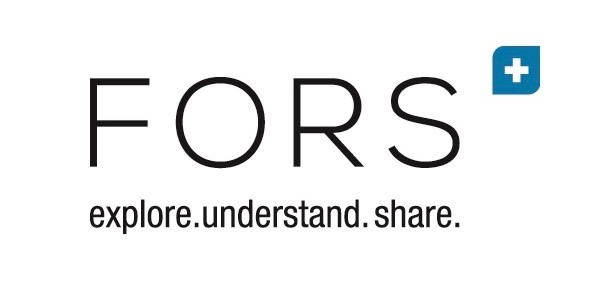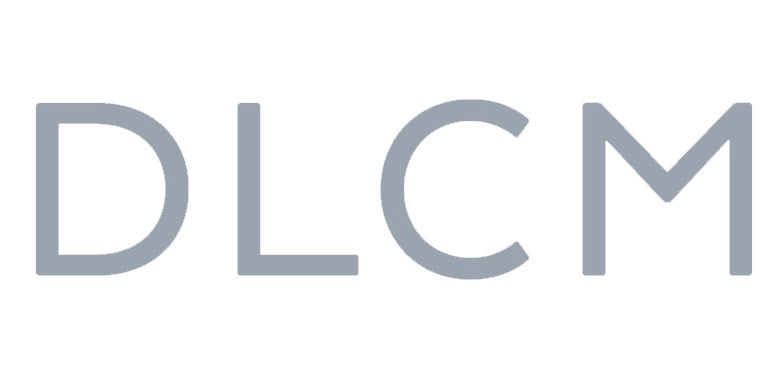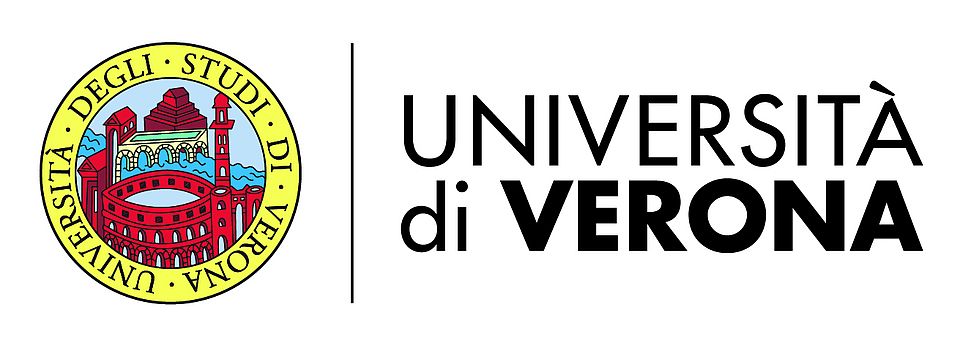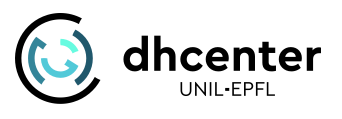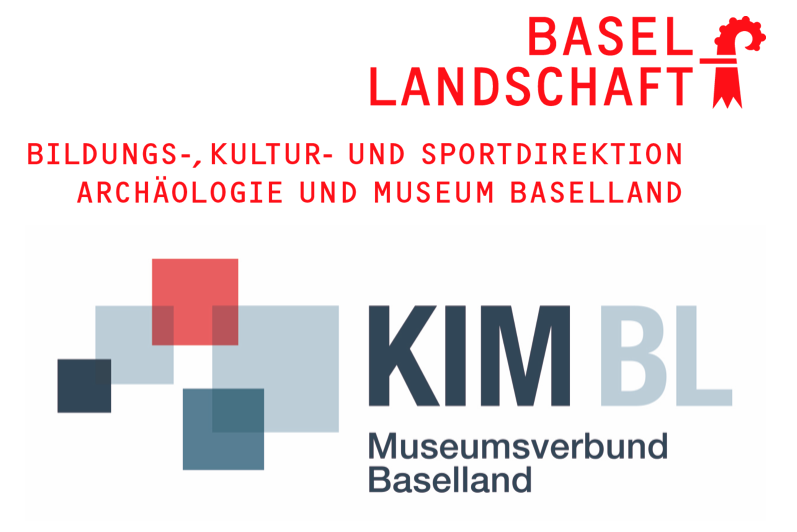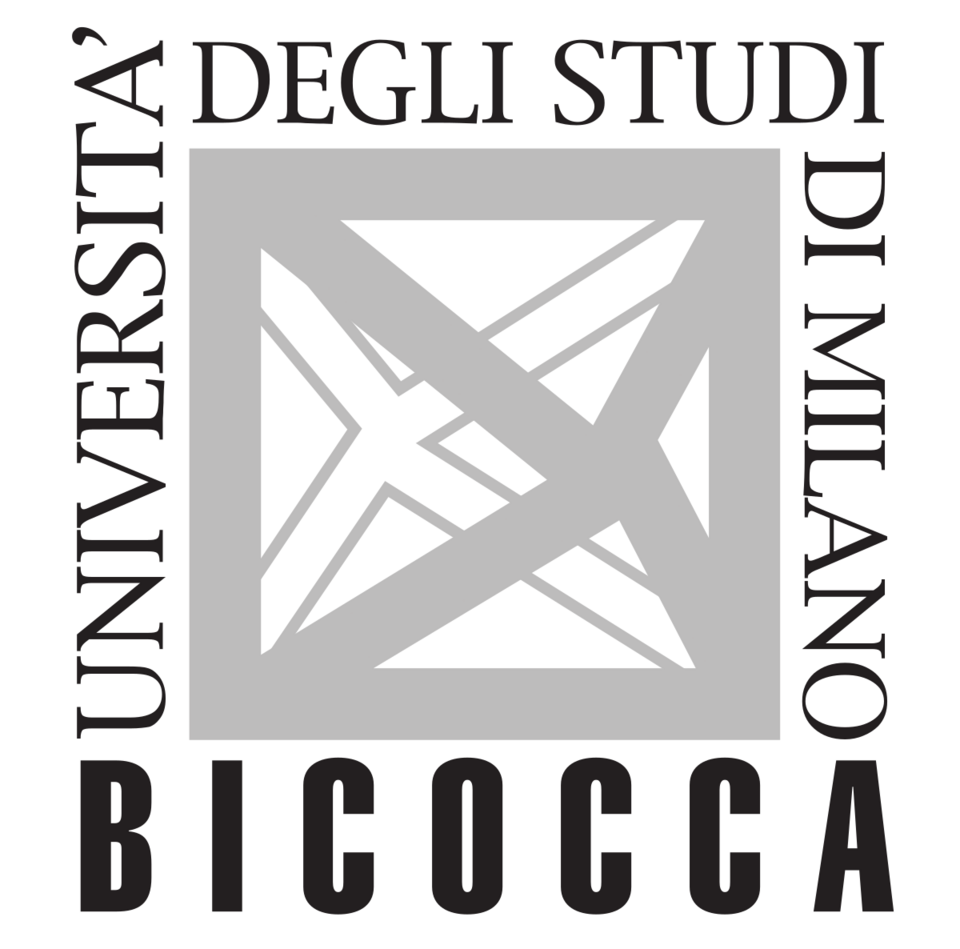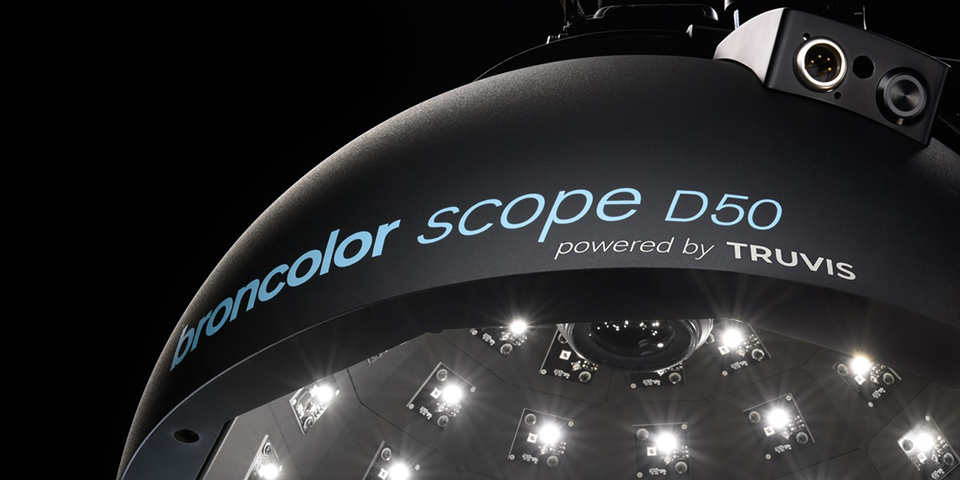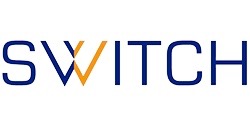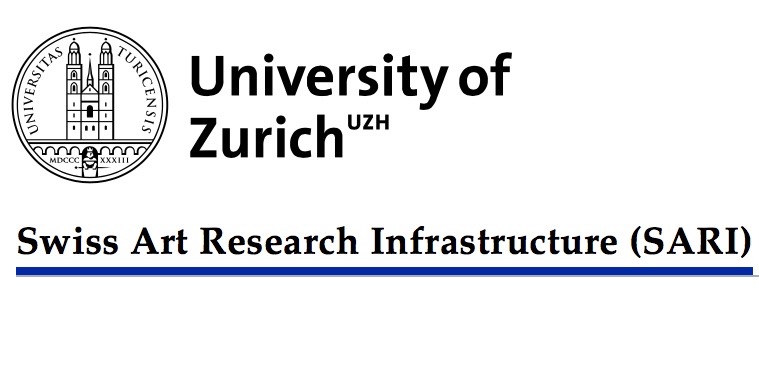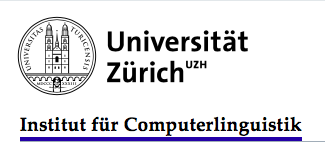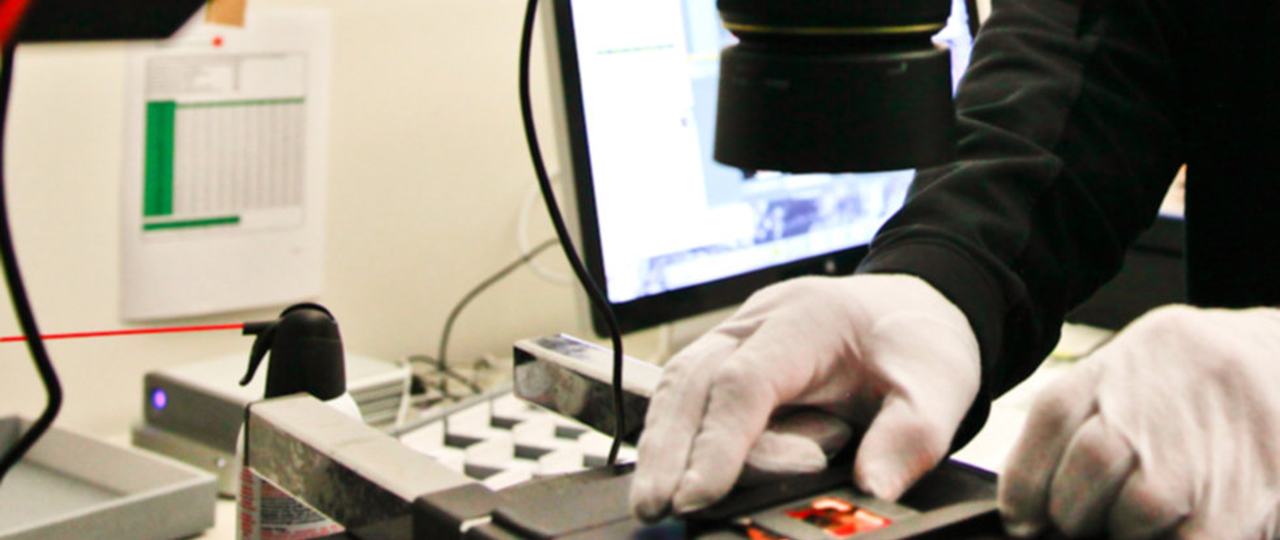
Research
Running projects
SNF project number: 215254, duration 4 years, start 1 June 2023
The project explores Swiss-British relations in the 17th and early 18th centuries through a database of case studies, contributing to a broader understanding of early modern networks of knowledge and cultural exchange.
Aims of the research project
At the centre of the project is a database, created in collaboration with Hallern at the University of Bern, for the indexing of documents such as letters, friendship albums, travelogues and theological writings, which provide an insight into transnational interconnections, especially in the fields of theology central to Swiss-British relations in the 17th century, as well as the natural sciences and cultural exchange. On the basis of these documents, we are developing case studies on particularly networked individuals (exemplified by Johann Jacob Frey in the early 17th century and Caspar Wettstein in the 18th century) and genres central to cultural exchange such as travel and edification literature. The database will be set up in such a way that it can be optimally used for further research and can be supplemented with relevant further materials at any time.
Scientific and social context
The study of transnational relations in Europe has received decisive impulses from the Digital Humanities. SwissBritNet brings the Swiss-British perspective into this international and interdisciplinary research context and thus contributes to a more comprehensive understanding of the historical dimension of cultural exchange processes.
The PIA research project (02.2021 – 01.2025) connects the world of data and things in an interdisciplinary manner by exploring the phases of the analogue and digital archive from the perspectives of cultural anthropology, technology and design. Using three collections of the photo archive of Cultural Anthropology Switzerland (CAS), formerly the Swiss Society for Folklore Studies (SSFS), as examples, they are developing interfaces that enable the collaborative indexing and use of archival materials. The interfaces, respectively the graphical user interface and the application programming interfaces (APIs), provide tools and visual interfaces for the collaborative production and visualisation of knowledge with the aim of enabling a reflective and intuitive experience. Parallel to the design of the digital participatory archive, the research project investigates the phases of the analogue and digital archive from an anthropological (Institute for Cultural Anthropology and European Ethnology, University of Basel), technical (Digital Humanities Lab, University of Basel) and communicative (Bern University of the Arts) perspective.
Project members
- Prof. Dr. Walter Leimgruber (PI)
- Prof. Dr. Peter Fornaro (Co-Investigator)
- Dr. Ulrike Felsing (Co-Investigator)
- Dr. Nicole Peduzzi (Postdoctoral Researcher)
- Dr. Vera Chiquet (Postdoctoral Researcher)
- Adrian Demleitner (Software Developer) – 2021-2023
- Fabian Frei (Software Developer) – Since 2023
- Chris Rohrer (Software Developer) – Since 2023
- Daniel Schoeneck (Research Fellow)
- Murielle Cornut (PhD Candidate)
- Birgit Huber (PhD Candidate)
- Fabienne Lüthi (PhD Candidate)
- Julien A. Raemy (PhD Candidate)
- Florian Spiess (PhD Candidate)
- Max Frischknecht (PhD Candidate)
Project Partners
- Prof. Dr. Tobias Hodel
- Prof. Dr. Heiko Schuldt
External Partners
- Regula Anklin
- Lukas Zimmer
PIA is funded by the Swiss National Science Foundation (SNSF). Sinergia funding scheme – Grant no. CRSII5_193788
SNSF project: PCEFP1_203293, Running time 5 years, start 01.09.2022
Project members:
- Prof. Dr. Moniek Kuijpers (PI)
- Massimo Lusetti (Research Assistant)
- Lina Ruh (Research Assistant)
- Tina Ternes (PhD Candidate)
- Antonia Vogeler (PhD Candidate)
- Johanna Vogelsanger (Research Assistant)
Abstract
In the last decades researchers have found declines in both reading skills and well-being of young adults. Often these declines have been blamed on the rise of digitalization in our society, without enough evidence to support such claims. In this project, we will empirically investigate what it means to read in the digital age and how engaging in social activities surrounding the act of reading can affect well-being.
Aim of the research project
This project will investigate shared reading – reading and discussing literary texts together – in different contexts. It will compare face-to-face shared reading groups to shared reading practices that take place online on websites such as Goodreads in both Swiss-German and English. The research focuses on the underlying mechanisms of shared reading. What is it in shared reading that leads to positive effects? Is it a sense of absorption during reading that distracts from worries or perhaps it is the sense of belonging to a community?
Scientific and social context
The scientific impact of this project will be far-reaching as we will develop tools and instruments that can be used by other researchers in the fields of empirical literary studies and digital humanities. The findings of this project will be directly beneficial for the shared reading programs that our collaborators Sharing Stories Verein in Basel and The Reader in Liverpool offer and together we will write up a report targeted at policy makers in education and welfare.
For more information: www.moniekkuijpers.com
Keywords
Narrative absorption; Shared reading; Digitalization; Reading promotion; Reading pleasure; Well-being
https://www.digitalesschaudepot.ch
This project aims to develop an automatic information retrieval pipeline based on Natural Language Processing and Semantic Web technologies to construct a knowledge graph from textual data. It explores how we can extract named entities from texts to create linked open data networks and then use the open network data to extract more text information and unify the resources representing identical entities retrieved from texts in different languages. The primary purpose of this project is thus to construct a graph from textual information that can be queried for the embedded references in texts regardless of the text language. A high-performing query requires the data to be stored optimally with all the metadata about extracted statements necessary for a faithful citation and reliable representation of data and metadata. Using RDF-star technology in graph construction carries this objective; therefore, this project shows how to use this technology to comprehensively represent textual data and facilitate complex queries required for humanities research. As a proof of concept and to implement and test the pipeline based on actual data, this project also generates an RDF-star-based digital edition of Jacob Bernoulli’s historical travel journal, Reisebüchlein, using this pipeline.
Nachwuchsförderung Forschungfonds of the University of Basel funded the project.
Read more about the project here.
Project-Team:
- Dr. Sepideh Alassi
- Vijeinath Tissaveerasingham
- Eline Elmiger
- Ann Karimi Kern
Collaborator:
- Martin Mattmüller

